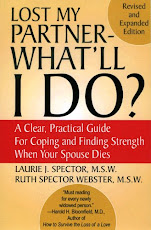
For a look back, we discovered the informative article, Pilgrim Burials on the site http://www.lovetoknow.com/.
According to this excerpt from authors J.C. Redmond and MaryBeth Adomaitis, “Pilgrim burials were relatively simple affairs. The occupants of the Mayflower were buried in unmarked graves because it is thought that they didn't want the Native Americans living in the area to know how small of a population they were.”
The authors go on to describe later Pilgrim burials, “When Pilgrims died, headstones were not erected at the burial site. No artisans skilled in carving stone had come over with the first group of settlers. In addition, there was no stone available in the area where the Pilgrims settled from which to fashion a monument to the dead. Their first priority was to concentrate on the tasks necessary for survival; even if the stone carvers had come on the trip, there wasn't any time to carve headstones.
A family wanting to erect a headstone in memory of a loved one would have to go to the expense of having one brought over from England.”
Redmond and Adomaitis describe burial rituals, “In the early years after the arrival of the Pilgrims in North America, funerals were a very simple matter. No funeral ceremony was conducted and no special sermon was given. The grieving family did not wear mourning clothes for a certain time after the death.
Embalming of the body of the deceased was not done. On occasion, graves were opened and reused. The bodies of a family or a small community may share the same grave.”
